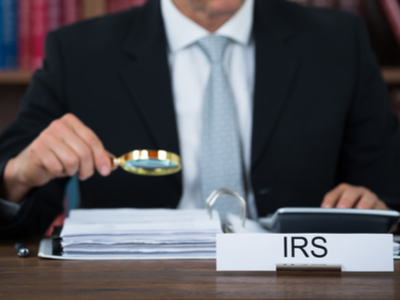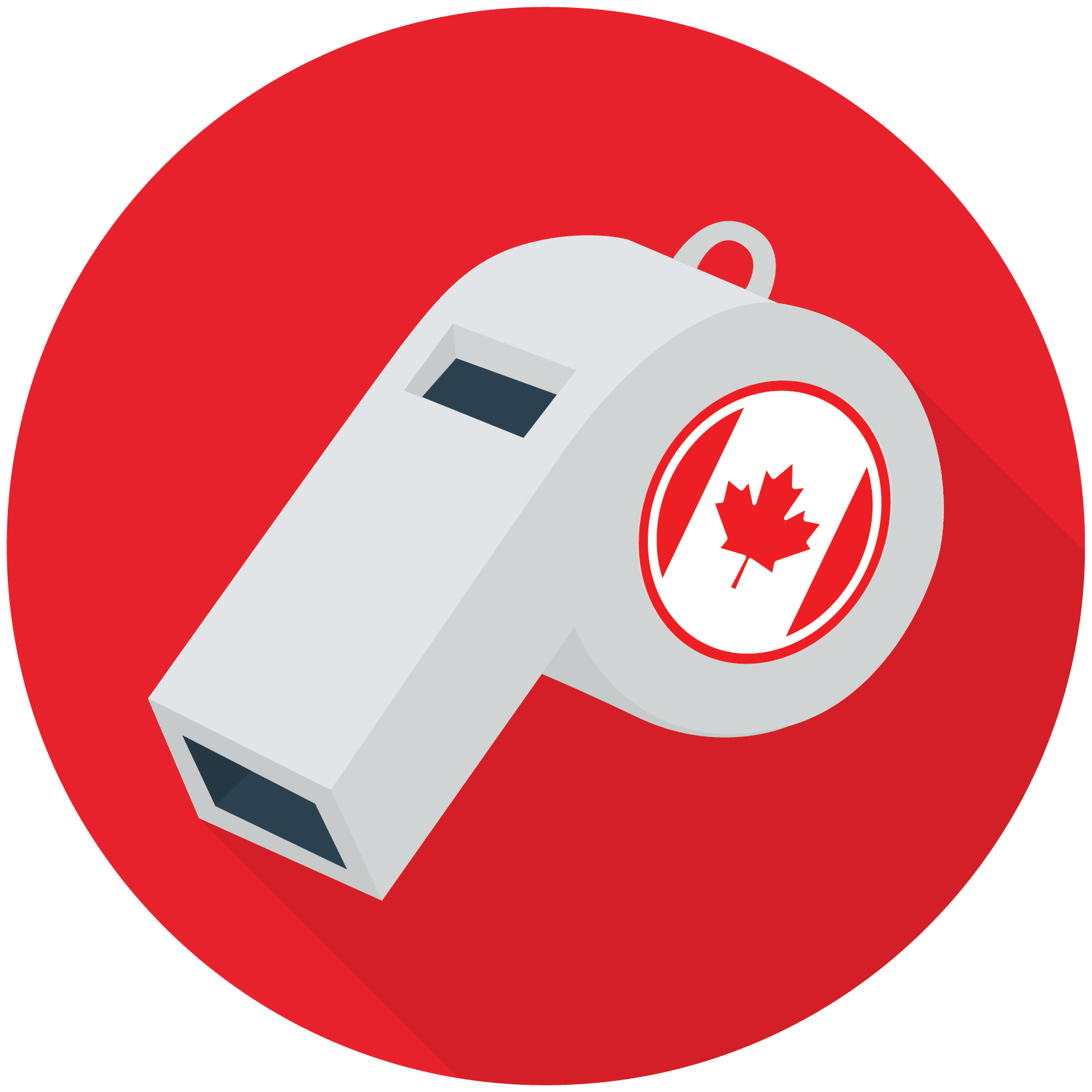On December 19, 2019, the U.S. Commodity Futures Trading Commission (CFTC) announced that it will award more than $1 million to an individual whose tip helped expose a securities fraud scheme and eventually led to the CFTC filing charges. The individual first provided the information through the employer’s internal compliance program, which the employer submitted to another regulator, and the individual subsequently provided that information directly to the CFTC. The award is significant because it recognizes that individuals are eligible to receive an award for: (1) being the original source of information the CFTC receives from another regulator; and (2) a tip that leads to evidence of a violation the CFTC ultimately charges, even if the reported conduct itself does not form the basis for those charges. READ MORE
CFTC Whistleblower Program Ends the Year with Another Seven-Figure Bounty Award










